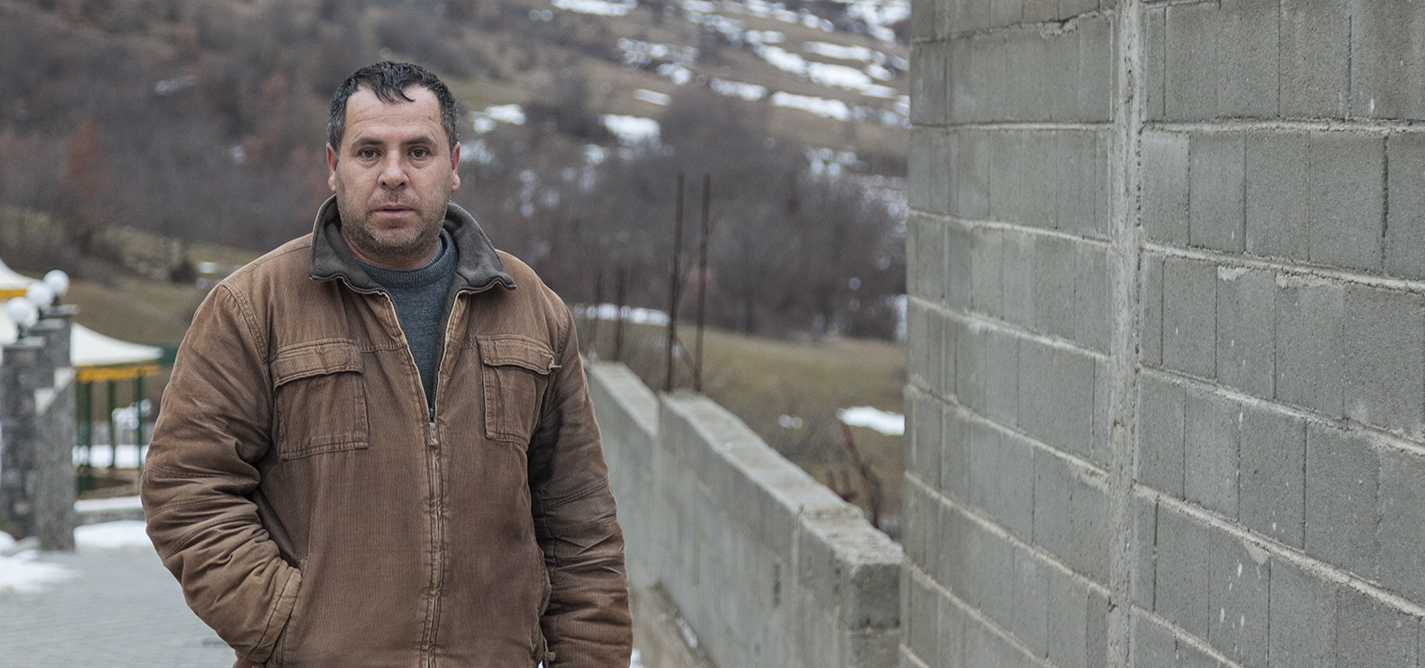
The deserter prosecuted for war crimes
The story of Sinan Morina, extradited to Serbia on war crimes charges.
 
|22.03.2017
|
“When it comes to these big shots, like Ramush, they all hustle."

Leonora Aliu
Leonora Aliu is a former K2.0 journalist (2017-18). She studied journalism at the University of Prishtina.
This story was originally written in Albanian.